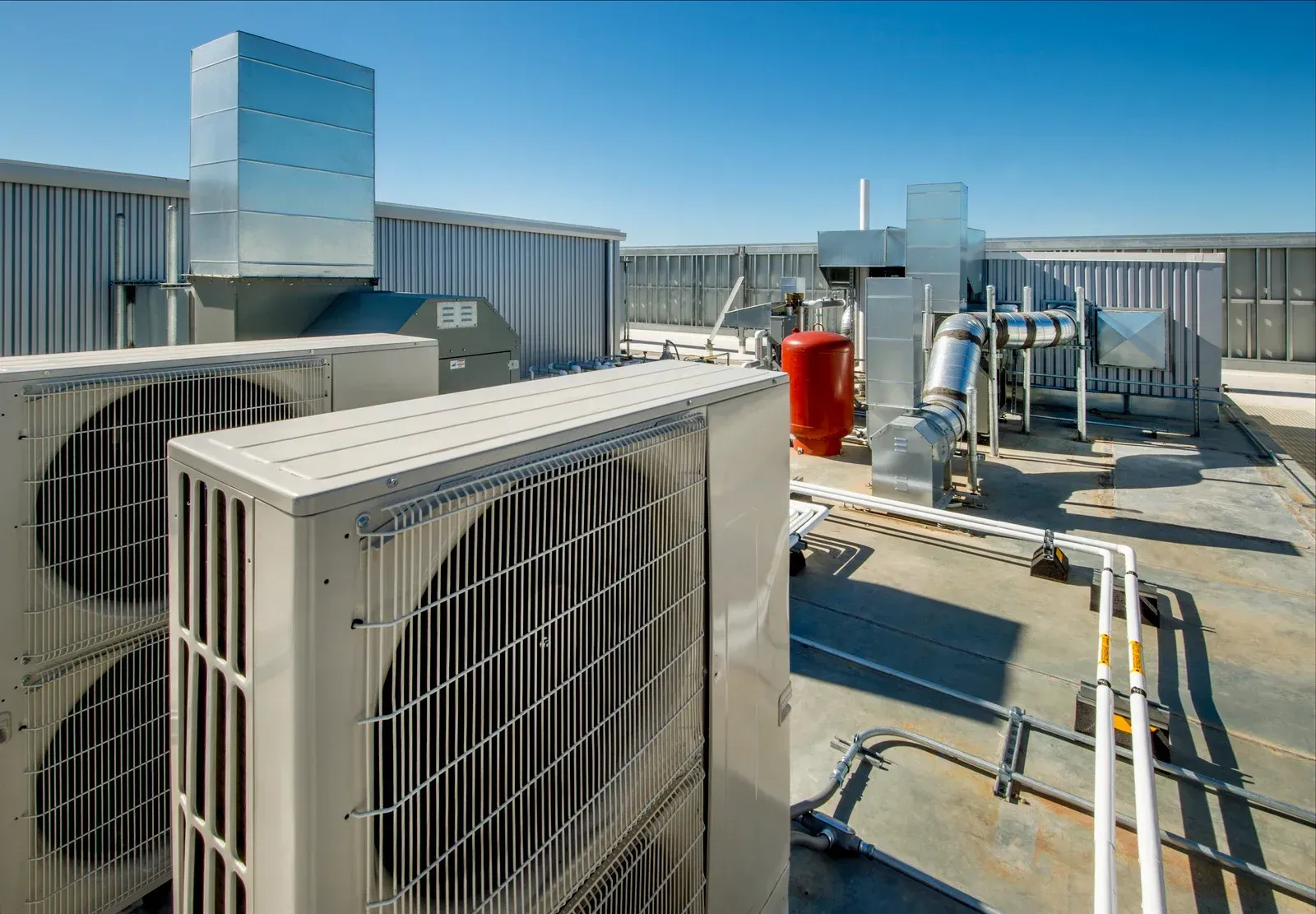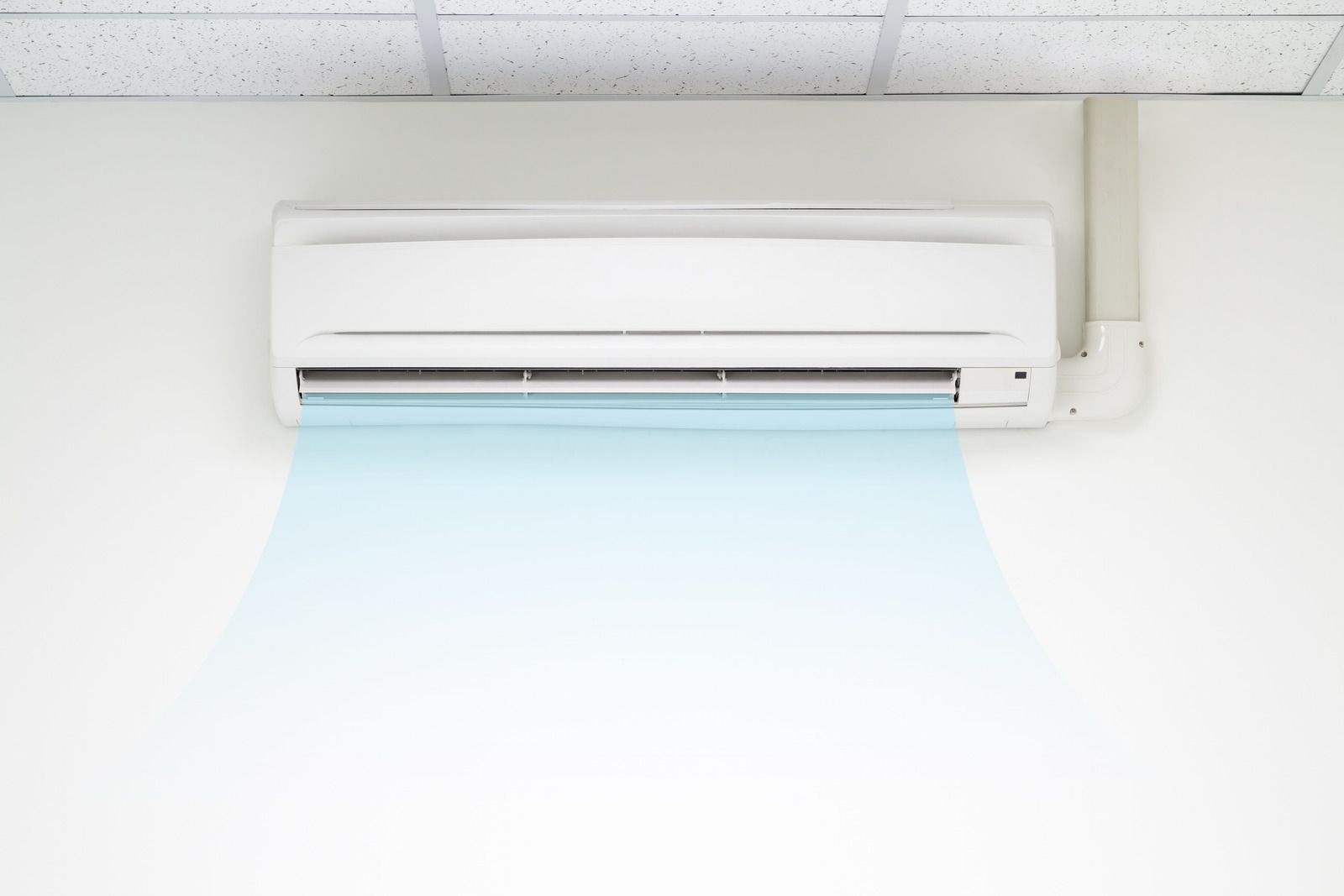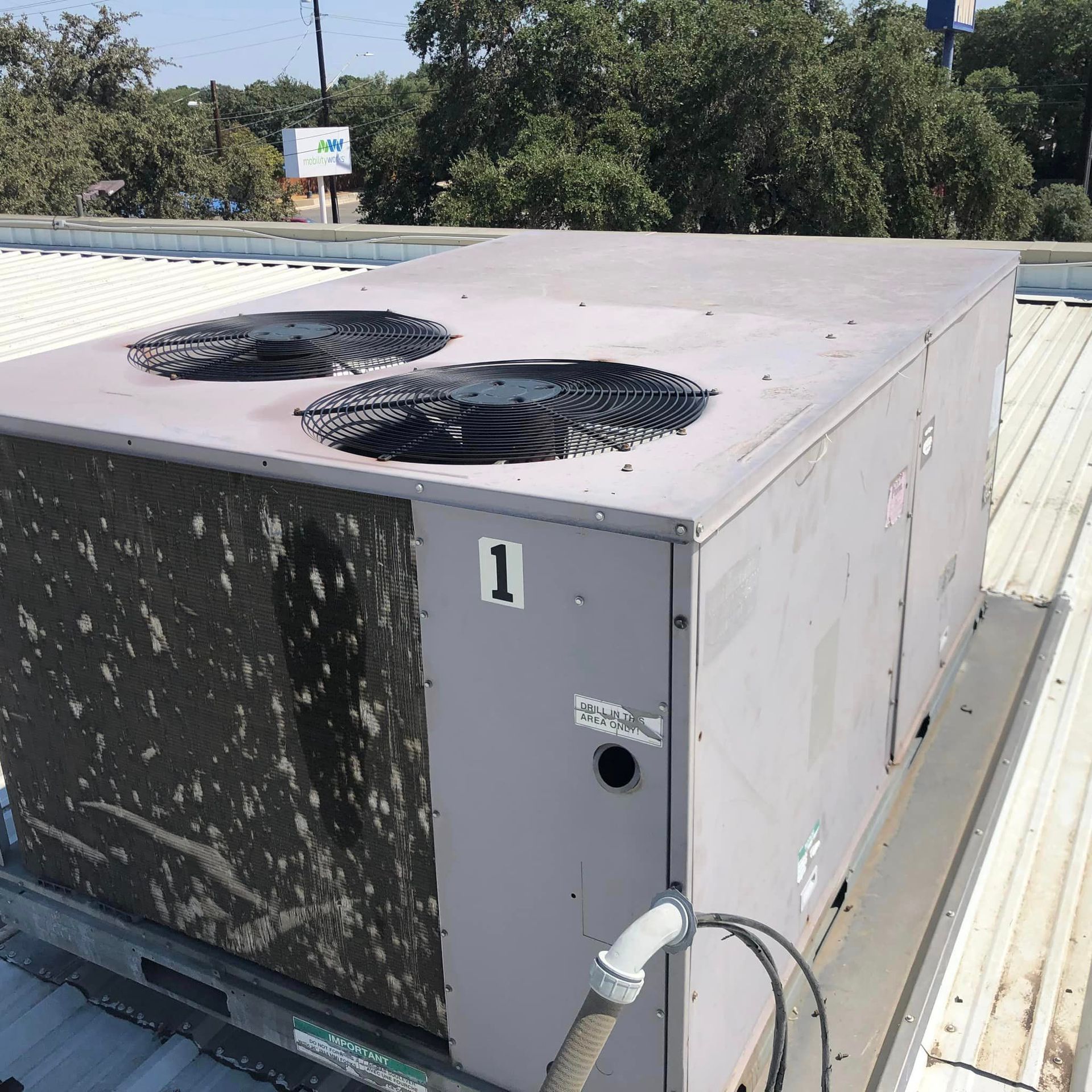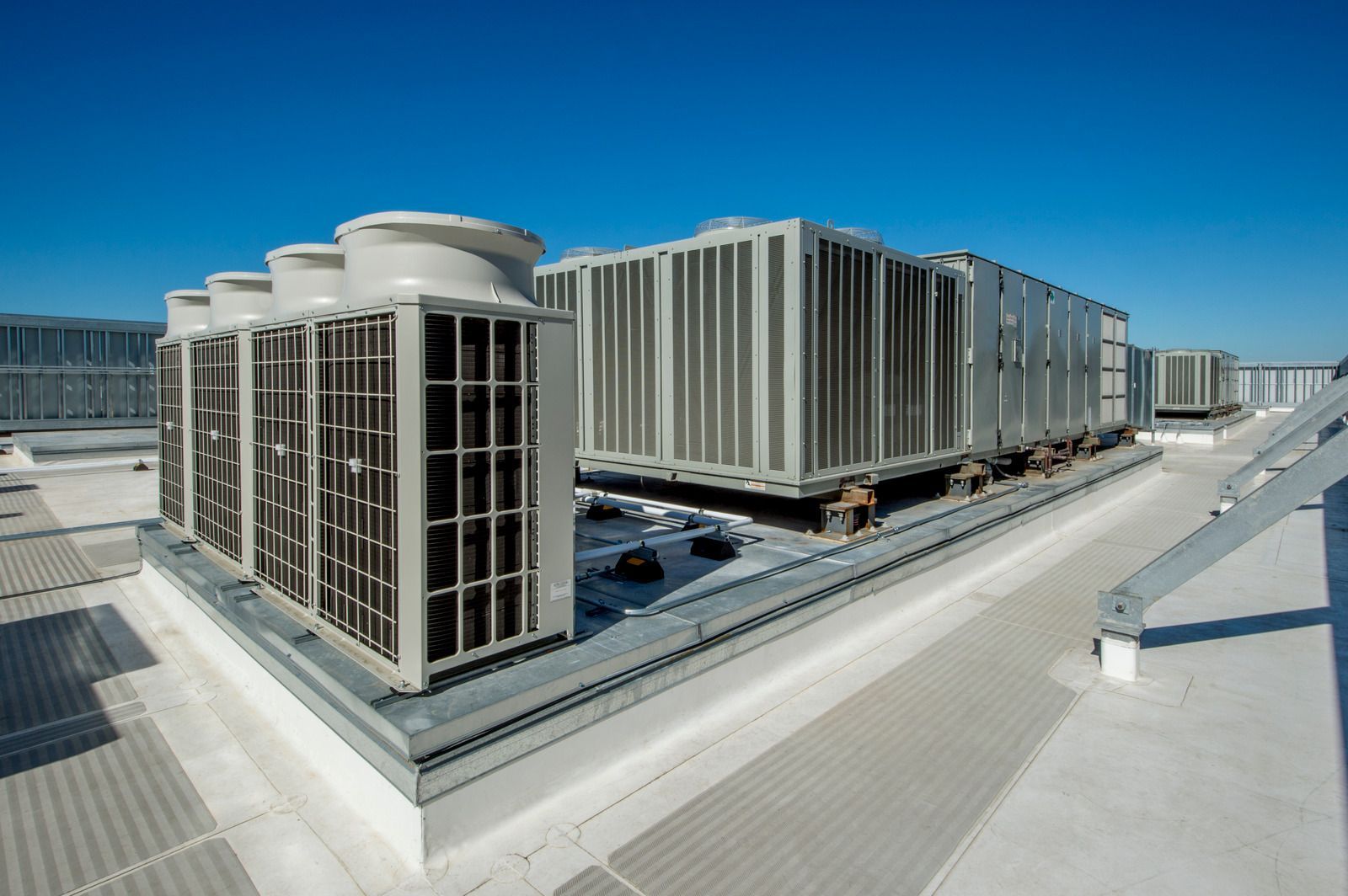Common Warning Signs That Your HVAC System Needs Repair
The effectiveness of your HVAC system determines how comfortable your house is. It is barely perceptible when it is functioning properly. However, when it begins to malfunction, discomfort and increased energy costs may result. HVAC systems may exhibit warning indications before a total failure. Early detection of these symptoms can help you steer clear of more serious issues and expensive fixes.
We'll examine typical indicators that your
HVAC system could require maintenance in this post. By being aware of these indicators, you can have your system fixed before further harm is done.
Weak or No Airflow
Weak or nonexistent airflow is one of the most obvious indicators that your HVAC system needs to be repaired. The air should be powerful enough to fill the entire house when your system is operating. There may be a clogged filter, a malfunctioning fan, or a more significant problem with the system if you find that the airflow is poor or that no air is flowing out of the vents.
Check the air filter first if the airflow is poor. Air circulation may be impeded by a clogged filter. It's time to get an inspection from a professional if the filter is clean but the airflow is still poor.
Unusual Noises
HVAC systems ought to run silently. Strange noises, such as rattling, screeching, or grinding, indicate that something isn't functioning properly. A broken motor, worn-out belts, or loose parts might all be the source of these sounds. Ignoring these sounds could harm your system much more.
If these noises continue, it's crucial to have a qualified expert inspect the system. The likelihood of a total system failure decreases with the speed at which the issue is detected.
Increased Energy Bills
A sharp increase in your energy bills that does not correspond to any change in your usage is cause for concern. Your HVAC system may be working more than normal to keep the temperature in your house stable. This can occur if there is a problem with the system's efficiency. Common causes include clogged air filters, low refrigeration levels, and broken components.
Inconsistent Temperatures
If your home has hot or cold patches, your HVAC system may be unable to adjust the temperature effectively. This could indicate an issue with the thermostat, congested ducts, or a damaged system. Temperature inconsistency can also arise if the system is too old and no longer operating at peak efficiency.
A professional can inspect the system and determine whether it requires repair or replacement. Getting this corrected as soon as possible will help to prevent uneven temperatures from worsening.
Strange Smells
Foul odors from your HVAC system can be unpleasant and disturbing. If it smells musty, it could mean that mold or mildew is forming inside the system. A burning smell may indicate an electrical problem, whereas a chemical stench may indicate a refrigerant leak.
Short-Cycling
Short-cycling occurs when your HVAC system turns on and off frequently. This can be caused by issues like a dirty air filter, low refrigerant levels, or an oversized or undersized unit. Constantly turning on and off can lead to more wear and tear on the system, reducing its lifespan.
System Age
HVAC systems typically last about 10-15 years, depending on how well they’re maintained. If your system is getting older and showing signs of frequent issues, it may be time to consider replacing it. An older system may not be able to keep up with your home’s heating and cooling needs efficiently.
Keep Your HVAC System Running Smoothly
Your HVAC system is critical for home comfort, and detecting problems early on can help prevent more catastrophic difficulties. If you observe poor airflow, strange noises, excessive energy bills, or any other unexpected symptoms, do not hesitate to contact a specialist. Taking action early will help your system last longer and keep your home warm all year. Stay ahead of potential issues and have a hassle-free HVAC experience.
CONTACT US
We will get back to you as soon as possible.
Please try again later.
AREAS WE SERVE
- Temple, TX
- Killeen, TX
- Round Rock, TX
- Georgetown, TX
- Austin, TX
- Belton, TX
- Harker Heights, TX
- Copperas Cove, TX
- Gatesville, TX
- Nolanville, TX
- Salado, TX
- Troy, TX
- Morgan's Point Resort, TX
- Little River-Academy, TX
- Rogers, TX
- Holland, TX
- Bartlett, TX
- Kempner, TX
- Bruceville-Eddy, TX
- Lampasas, TX
- Moody, TX
- Lott, TX
- Cameron, TX
- Rosebud, TX
Services
quick links
BUSINESS HOURS
- Mon - Sun
- -





